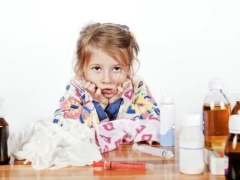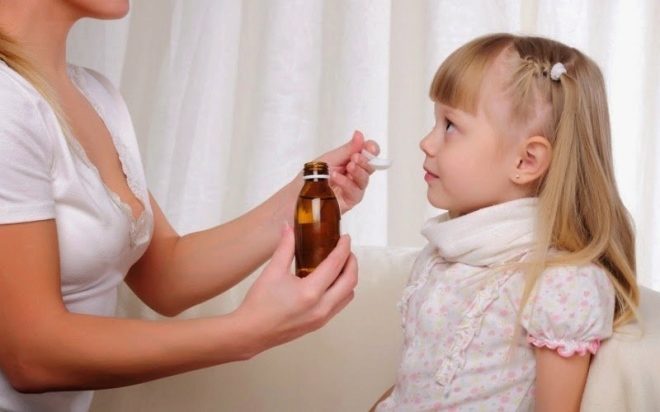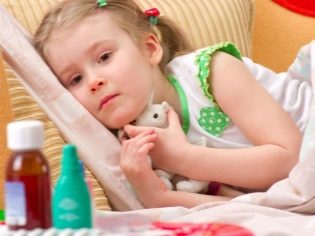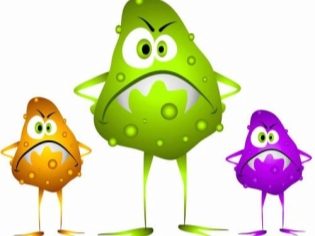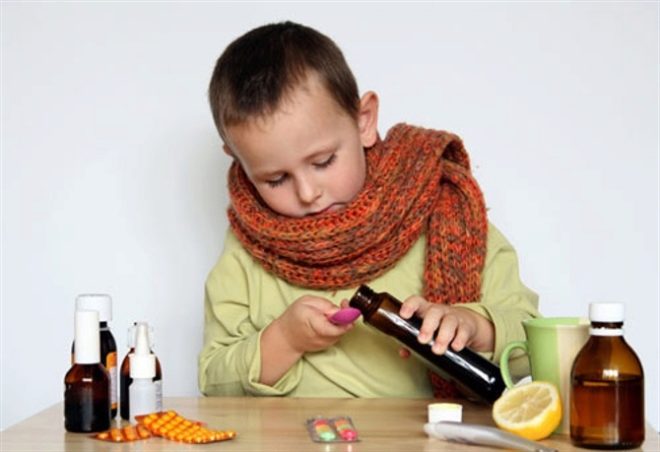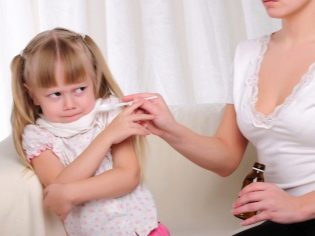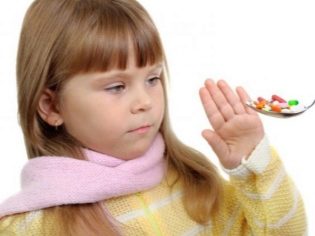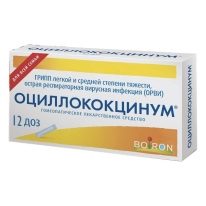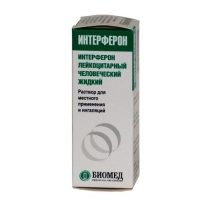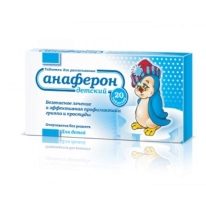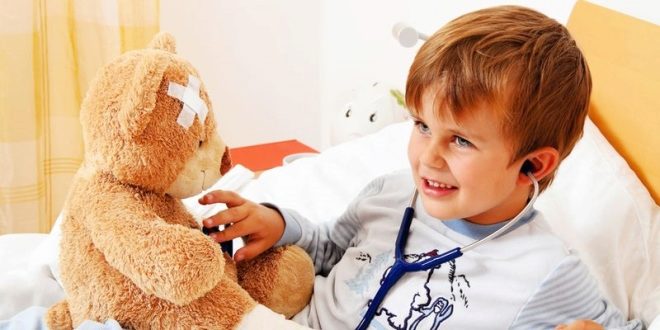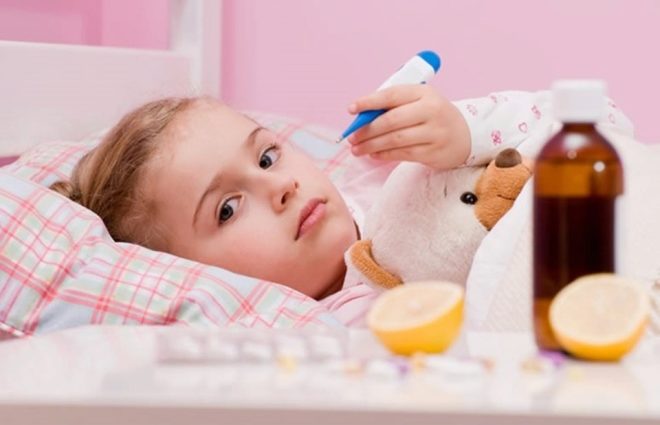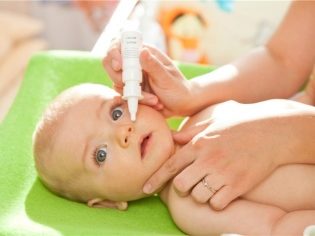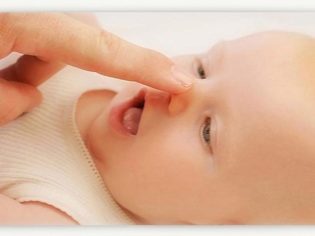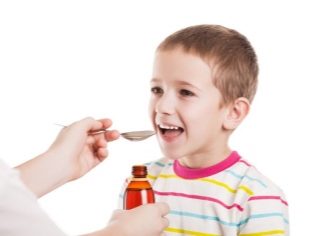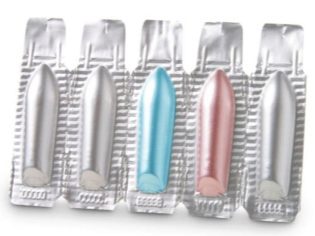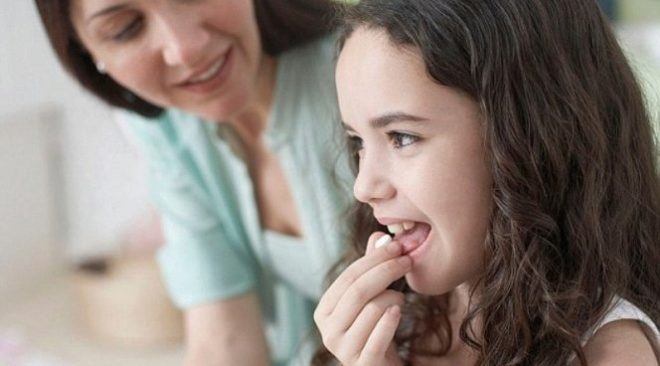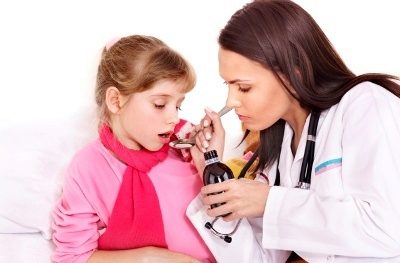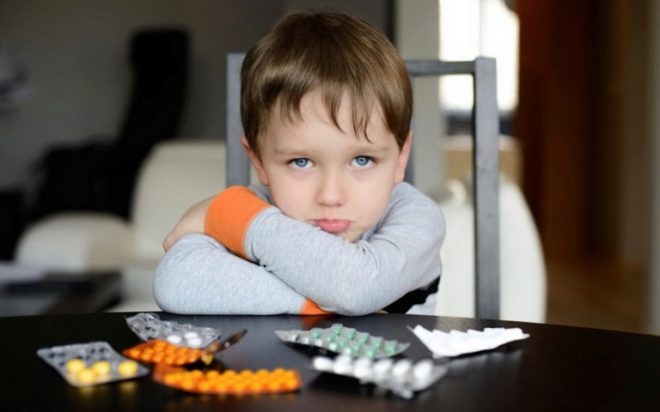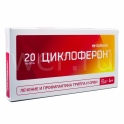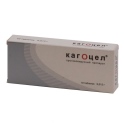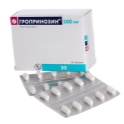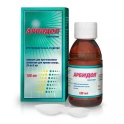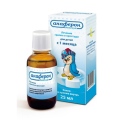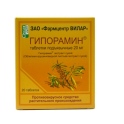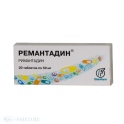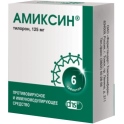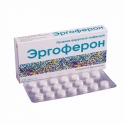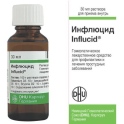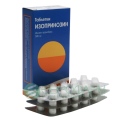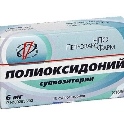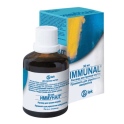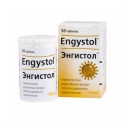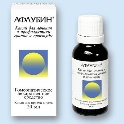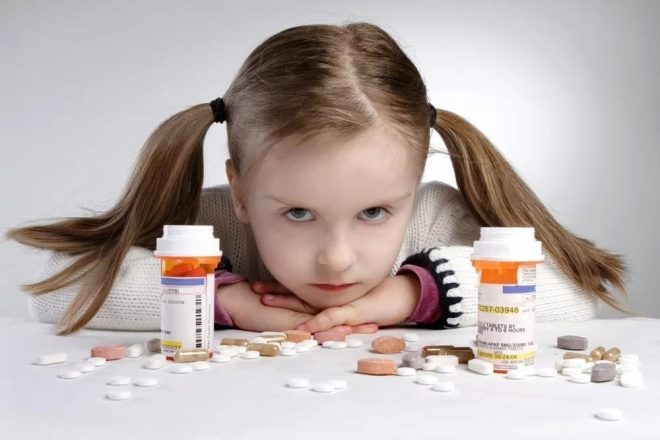Antiviral tablets for children
Caring parents want to protect their children from dangerous viral infections. This is especially true in the cold season, when there are a lot of sick people around. Parents ask what antiviral drugs can be purchased. Someone is interested in the prevention of influenza and ARVI, but most moms and dads choose the drug for the treatment of an already infected baby.
It is no secret that the child’s immunity differs from that of an adult in its immaturity, and in this situation the child needs additional help from the outside. I propose to talk about antiviral tablets for children, about the features, effectiveness and contraindications of these medicines.
Mechanism of action
At first glance, all antiviral drugs are the same, since, as the name implies, the group of these drugs are designed to withstand viruses, in fact, everything is much more complicated.
Medicines for this purpose act differently. There are tools that directly affect the causative agent of the disease, preventing replication of the virus and its release from the cell affected by it. There are immunostimulants whose task is to activate the child’s immunity against the virus. There are tools that contain interferon protein, necessary for the immune response. In addition, the modern pharmaceutical industry offers dozens of homeopathic remedies.
In terms of their composition, the drugs are conventionally divided into anti-influenza, anti-herpes and broad-spectrum drugs. There are synthetic medicines, and there are natural remedies created on herbs and herbal extracts.
Harm and Benefit
Each type of antiviral has its positive and negative sides. Drugs of direct action ("Remandatin") systemically affect the body as a whole, which is not too good for children, but it has a pronounced and fairly quick effect. Immunostimulants and immunomodulators ("Immunal") In case of improper reception can cause immune aggression, when antibodies become short of one enemy from the outside, and they will fall on the healthy cells of the body. In addition, these drugs can cause an imbalance of the immune system, and the child will begin to hurt more and more often than before.
Interferon-based medications (Interon) can cause serious side effects. And only homeopathic remedies (“Otsillokotsinum”, “Anaferon”) have no contraindications, they are harmless. And now about the benefits.
The most controversial efficacy in innocent homeopathic medicines. There is no harm from them, but official medicine has not yet recorded any benefits. There are also many doubts regarding other antiviral drugs. This is due to the fact that the effectiveness of most funds is not proven clinically. More or less reasonable today is only the effect of drugs acting on viruses directly.
Many pediatricians are inclined to believe that a child is able to defeat a viral infection without the use of antiviral drugs, so his immunity will “train” and strengthen. And the extra pills have not yet benefited anyone. In any case, the decision about whether to give the child medicines against viruses remains with the parents.
Release form
The tablet form of release is not considered a traditional "nursery."For babies, antiviral drugs are usually prescribed in syrups, rectal suppositories, in suspension and oral solutions. There are drops and ointments with antiviral effect. Pediatricians allow tablets to be taken by children who have already learned to drink them, and whose gastrointestinal tract is ready to accept this form of treatment without problems and complications.
Usually the same age is considered the age of 5-6 years. If the doctor deems it necessary to prescribe tablets to a child of an earlier age, then most likely he will choose a drug that is easily soluble in water, juice, or tea so that the baby can swallow the dose. And adolescents over 12 years old, the pediatrician most often prescribes drugs in capsules.
Indications for use
- Flu;
- ARVI;
- Measles;
- Chickenpox;
- Scarlet fever;
- Rubella;
- Herpes;
- Shingles;
- Viral conjunctivitis;
- Viral hepatitis;
- Enterovirus and rotavirus infections;
- Viral meningitis;
- Other diseases of viral origin, including those complicated secondary;
- HIV and other conditions associated with immunodeficiency.
"Children's" virus pills
- «Rimantadine"And"Rimantadine"- children with 7 years.
- «Kagocel"- to children from 5 years.
- "Arbidol" - to children from 3 years.
- «Isoprinosine"- children from 5 years.
- "Anaferon children" - from birth.
- “Aflubin” - for children from 3 months.
- “Ergoferon” - for children from 6 months.
- «Immunal"- children with 4 years.
- "Alpizarin" - for children from 3 years.
- "Hyporamine" - for children from 3 years.
- "Groprinosin" - for children from 3 years.
- «Influcid"- children from 3 years.
- «Engystol"- children from 3 years.
- «Amiksin"- children from 7 years.
- "Polyoxidonium" - for children from 6 years.
- "Cycloferon" - for children from 5 years.
Price
In pharmacies, you can find antiviral drugs for any budget. Price in general is not an indicator of the efficacy and effectiveness of this group of drugs.
Expensive imported originals sometimes are 3-5 times higher than the cost of the so-called “generics” (analogues), and the result from taking those and others will be absolutely identical. The fact is that both expensive and cheap drugs combine the same active ingredient, which will be indicated in the instructions for use or on the packaging of tablets. Therefore, parents can even pick up an analogue of their own; this will not require deep knowledge in the field of medicine and pharmacology.
General recommendations
- Do not give your child antiviral drugs every time at the slightest sign of illness. If the illness is bacterial, then the medicines simply will not help, and if the disease is viral, then the immunity should be given a chance to cope with it independently. For cold, these pills do not help at all, because the cold is a consequence of hypothermia, do not confuse it with SARS and flu.
- Antiviral drugs should not be given simultaneously with antipyretic drugs. High temperature is a normal reaction of the body to the invasion of the virus; during the heat, the child’s own interferon is actively produced, which is necessary to defeat an uninvited “guest”. If treatment has begun with antiviral drugs that are designed to stimulate the production of interferons, medications that bring down the fever will, as it were, “ban” interferon synthesis. These drugs contradict each other.
- It is not recommended to give children immunostimulants and immunomodulators more than twice a year to avoid “addiction” of immunity, which will cause immunodeficiency.
- Therapeutic (curative) doses differ from prophylactic (which are provided for “just in case” during periods of mass incidence of influenza and ARVI) at least 2 times. In any case, the dosage of drugs for children should be adjusted by a doctor.
And now we offer to listen to what Dr. Komarovsky thinks about antiviral means to children.
- If the child is recommended to dissolve antiviral tablets in a small amount of liquid, do not do it in milk. It is better to dilute the preparations with water, dogrose broth, some herbal teas, compote.Dairy products for the time of illness viral infection is better to completely eliminate from the diet of the child.
- It is advisable to start taking antiviral drugs in the first 36 hours after the onset of symptoms of infection (dry runny nose, headache, muscle and joint aches, fever, cough, sore throat, etc.). If you are late with the start of treatment, the effectiveness of the pills, which is already rather dubious, will be reduced to zero. On the second day after the start of therapy, the therapeutic “shock” dose is reduced.
- The average course of treatment with antiviral drugs is from 3 to 7 days. According to the observations of pediatricians, it is during the same time that the children's organism copes with the virus on its own, without the use of pharmaceutical drugs. True, subject to certain conditions for a sick child. He needs plenty of warm drink, taking vitamins, ventilated room and bed rest.
- Despite the fact that antiviral drugs are available in Russian pharmacies without a doctor's prescription, they are not recommended to choose and prescribe a child for their own treatment. The slightest mistake can cost the baby health and life. It is better to call a doctor at home and get a qualified appointment.
